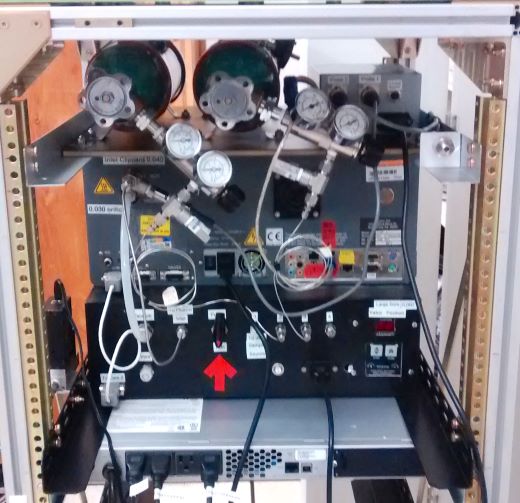The ORNL DAAC recently released the following Atmospheric Tomography Mission (ATom) dataset by McKain, K., et al. (2021):
ATom: CO2, CH4, and CO Measurements from Picarro, 2016-2018
This dataset contains atmospheric measurements of CO2, CH4, and CO mixing ratios made with a Picarro G2401 spectrometer during the four ATom campaigns. Picarro G2401 uses Wavelength-Scanned Cavity Ring Down Spectroscopy (WS-CRDS), a time-based measurement utilizing a near-infrared laser to measure a spectral signature of the molecule. For the ATom mission, the Picarro instrument was modified in the laboratory to operate across the full pressure altitude range of flight campaigns. The instrument was also modified to have a shorter measurement interval.
The Atmospheric Tomography Mission (ATom) is a NASA Earth Venture Suborbital-2 mission to study the impact of human-produced air pollution on greenhouse gases and on chemically reactive gases in the atmosphere. ATom deployed an extensive gas and aerosol payload on the NASA DC-8 aircraft for systematic, global-scale sampling of the atmosphere, profiling continuously from 0.2 to 12 km altitude. Around-the-world flights were conducted in each of four seasons between 2016 and 2018.
Additional data from ATom and other relevant links can be found on the ORNL DAAC's ATom Project Page.
Citation: McKain, K., and C. Sweeney. 2021. ATom: CO2, CH4, and CO Measurements from Picarro, 2016-2018. ORNL DAAC, Oak Ridge, Tennessee, USA. https://doi.org/10.3334/ORNLDAAC/1732

